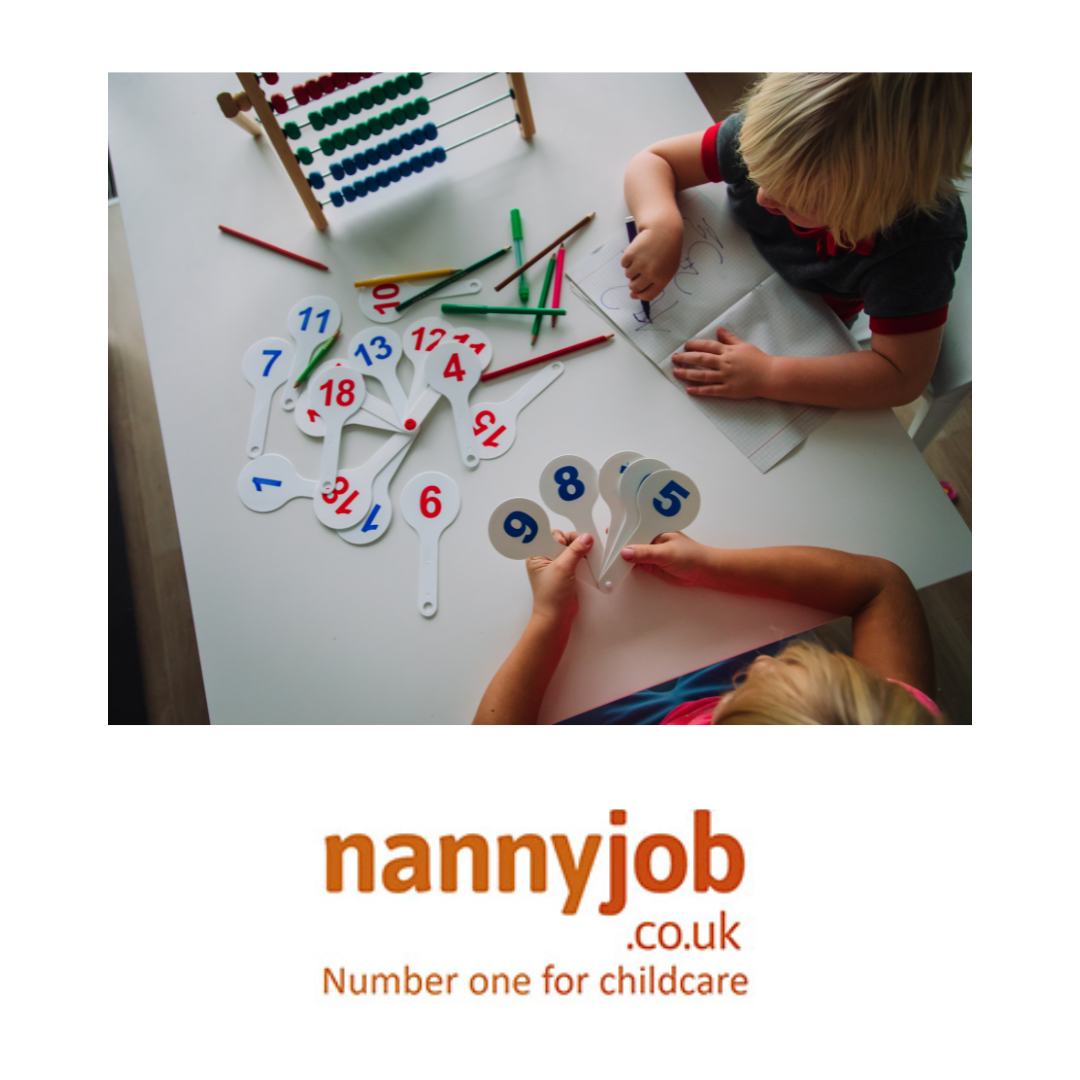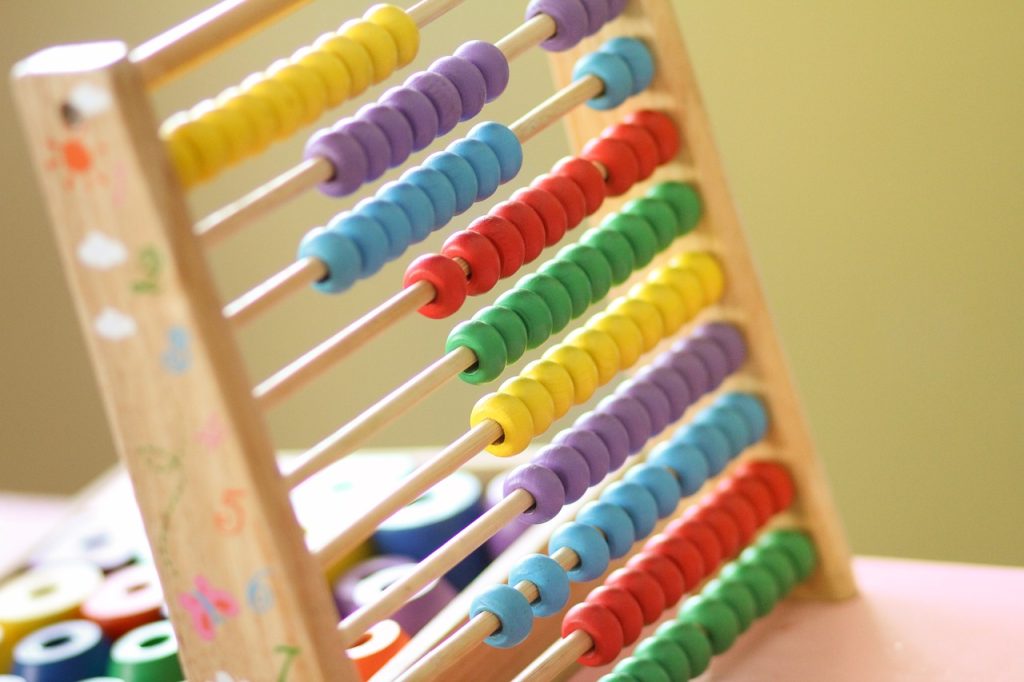Mathematics is a critical part of our lives, but for many children, it can seem challenging and less enjoyable compared to other subjects. So, how can we, as nannies, parents, and child carers, flip the script and make math a fun-filled adventure? Here’s our guide to help make that happen!
Everyday Math:
The world around us is full of mathematical concepts. From counting the stairs in your house to recognising shapes in the park, everyday life provides countless opportunities to introduce math in a fun and engaging way.
Math Games:
Who doesn’t love a good game? Games like Sudoku, Chess, and even Monopoly can develop mathematical thinking. Online resources also offer a variety of fun math-based games suitable for all age groups.
Bake and Learn:
Baking is a fantastic way to introduce math concepts. From measuring ingredients to calculating baking times, your kitchen is a practical math classroom that comes with a delicious reward!
Outdoor Math:
Head outside for some math-based exploration. Nature provides endless inspiration for counting, recognising patterns, and understanding spatial concepts.
Math Crafts:
Create math-inspired craft projects. This could be anything from making geometric patterns to creating a number-themed collage.
Remember, the aim is not to make your child a mathematician, but to help them appreciate math and realise that it can be just as enjoyable as any other subject. Happy counting!


